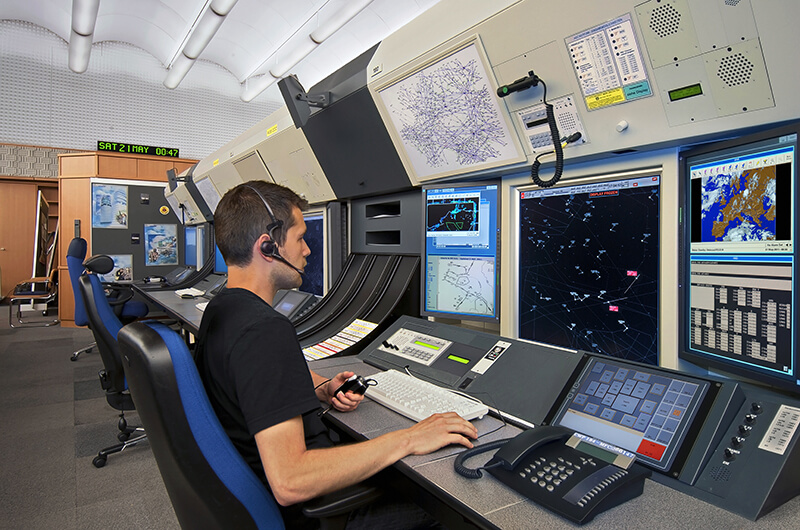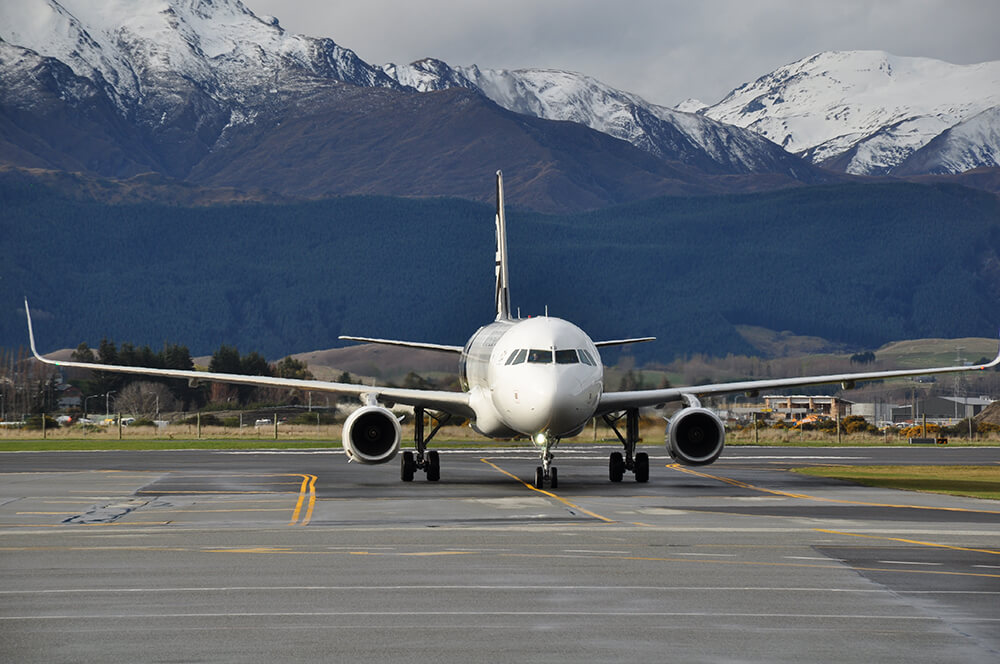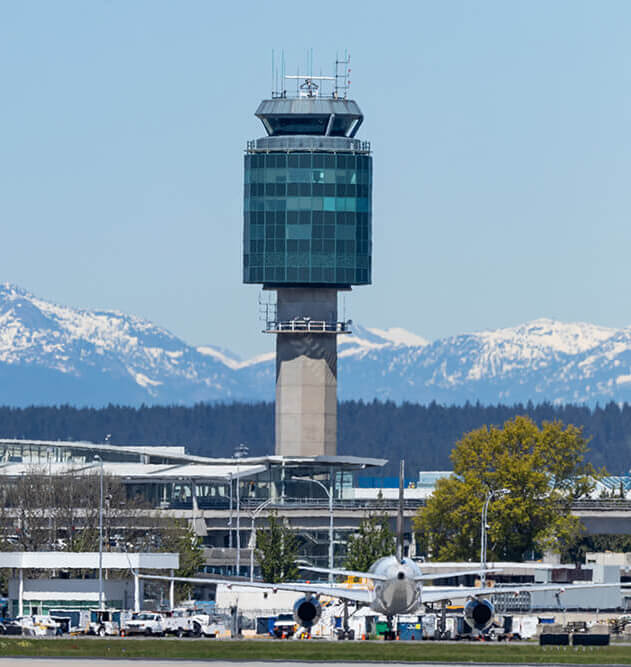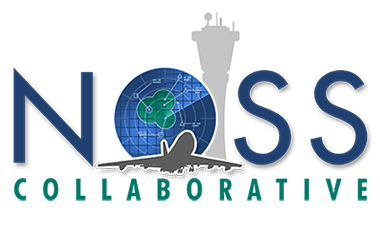Case Studies
Positive Feedback & Enhancing Training

Issue identified during NOSS
NOSS findings at one major International Tower indicated systemic strengths during routine operations – despite encountering an elevated number of threats relative to comparable towers, such threats were significantly more likely to be managed successfully by controllers. Effective tactical countermeasures were being consistently used to account for aerodrome limitations and to the capture threats posed by pilots. However, threats stemming from non-routine traffic (survey flights, MEDEVACs, etc) were leading to controller errors and undesired states.
Response to (positive) findings
The data collected during routine operations indicated robust training and procedures and were indicative of a high standard of performance. These findings were distributed to staff and managers to vigorously reinforce the high standards demanded by and practiced at the unit (i.e. “this is how we do things at XX Tower”).


Response to findings (non-routine traffic)
Management took a multi-faceted approach to address the vulnerabilities surrounding non-routine traffic:
- Endorsement training
The materials used for initial endorsement training have been updated to include a greater emphasis on non-routine operations. It is believed this will better prepare trainees for complexities of working real-life traffic, better enable them to handle such traffic and thus reduce the amount of time required to qualify controllers.
- Simulator training
Non-routine operations are being incorporated into simulator training. This makes the training more realistic and tailors it towards the aspects of operations that are problematic. It should be noted that other facilities are also
working common or problematic threats into their simulator training with the aim to making such training more realistic and effective.
- Increased supervisory oversight
The presence of non-routine traffic is being used as a “trigger” for the shift manager to provide increased oversight and assistance in implementing tactical traffic management strategies to cope with the non-routine traffic.


- Prior identification of non-route traffic
Scheduled non-routine operations (e.g. airwork, survey flights) are required to notify the shift manager of their intended operation prior to departure. This allows for the controllers to have advanced knowledge of such operations, thus minimizing their impact and allowing for the implementation of tactical traffic management strategies.
